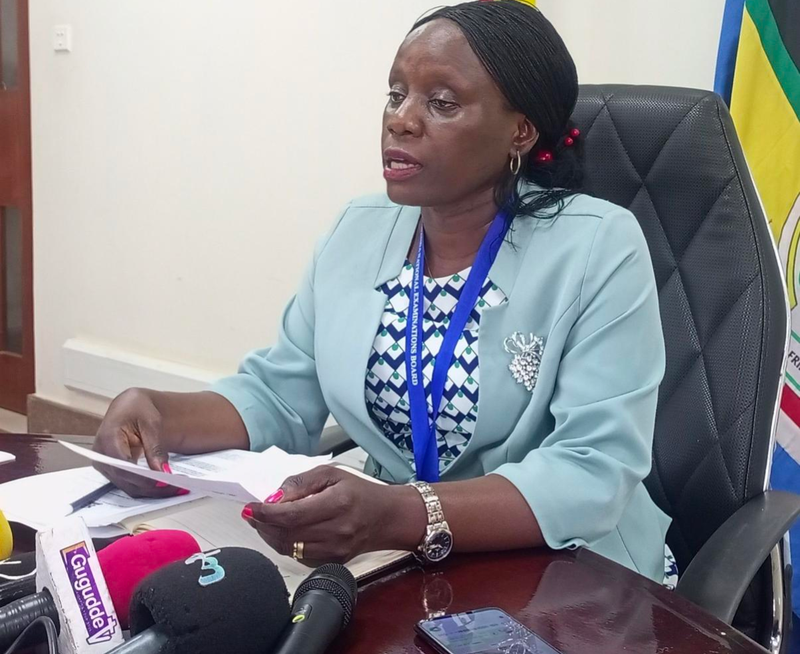
The Mengo Chief Magistrate’s Court has remanded nine teachers accused of sharing alleged Primary Leaving Examination (PLE) papers on WhatsApp, a case authorities describe as part of a growing trend of digital malpractice.
Presided over by His Worship Adams Byarugaba, the court heard that the teachers, from different schools, formed a WhatsApp group on November 3 and 4, 2025, to circulate materials claimed to be UNEB examination papers. Investigators said the group was created just days before the start of the PLE exams.
The prosecution noted that the act violates Section 25 of the UNEB Act, CAP 259, which makes it an offence to possess or distribute any unauthorised examination material, “whether genuine or not.” Nine suspects were arrested in Nateete, Kampala, while two remain at large. Three pleaded guilty and were remanded until November 25, 2025, for sentencing, while the remaining six denied the charges and will return on the same date for bail hearings. Among those accused is a teacher with over twenty years of classroom experience. Convicted individuals face a fine of up to one thousand currency points (about twenty million shillings), imprisonment for up to five years, or both.
UNEB officials have highlighted how social media platforms, particularly WhatsApp, have facilitated new forms of exam malpractice. “Teachers and students are using these networks to share leaked or fake papers,” authorities said. Similar concerns have prompted some African countries, including Ethiopia and Sudan, to restrict social media access during national exams.
The arrests coincide with UNEB’s intensified crackdown on malpractice during the 2025 PLE season. Last week, UNEB Executive Director Dan Odongo revealed that at least 55 people were arrested nationwide for various offences, ranging from possession of unauthorised materials to aiding candidates in exams. Several were reportedly caught writing answers on chalkboards or passing notes to pupils inside examination rooms.
UNEB spokesperson Jennifer Kalule told reporters that the board’s legal team is coordinating with other agencies to speed up prosecutions. “Our legal officers are working with the relevant authorities, and we expect prosecution to begin soon,” she said.
Despite the law’s strict provisions, many examination-related cases remain unresolved long after exams end, weakening the deterrent effect of the UNEB Act. The board has renewed calls for a special court to handle such cases. Last year, UNEB Chairperson Prof. Celestino Obua argued that a dedicated court would expedite hearings and ensure judicial officers understand the seriousness of examination crimes. Discussions with the judiciary and the Law Reform Commission have explored alternatives, such as allocating specific court sessions for examination-related offences, amid cost and logistics concerns. UNEB data shows that by the end of the 2024 examination cycle, several cases from 2022 and 2023 were still pending.
URN

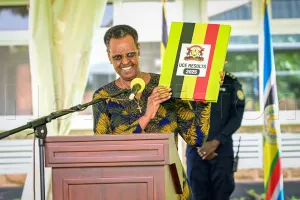
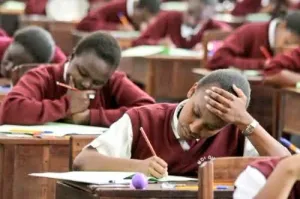
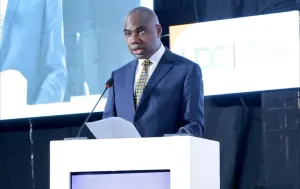
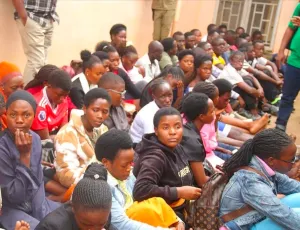







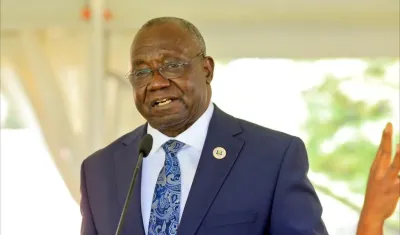
The Sunrise Editor
Leave a Comment
Your email address will not be published.